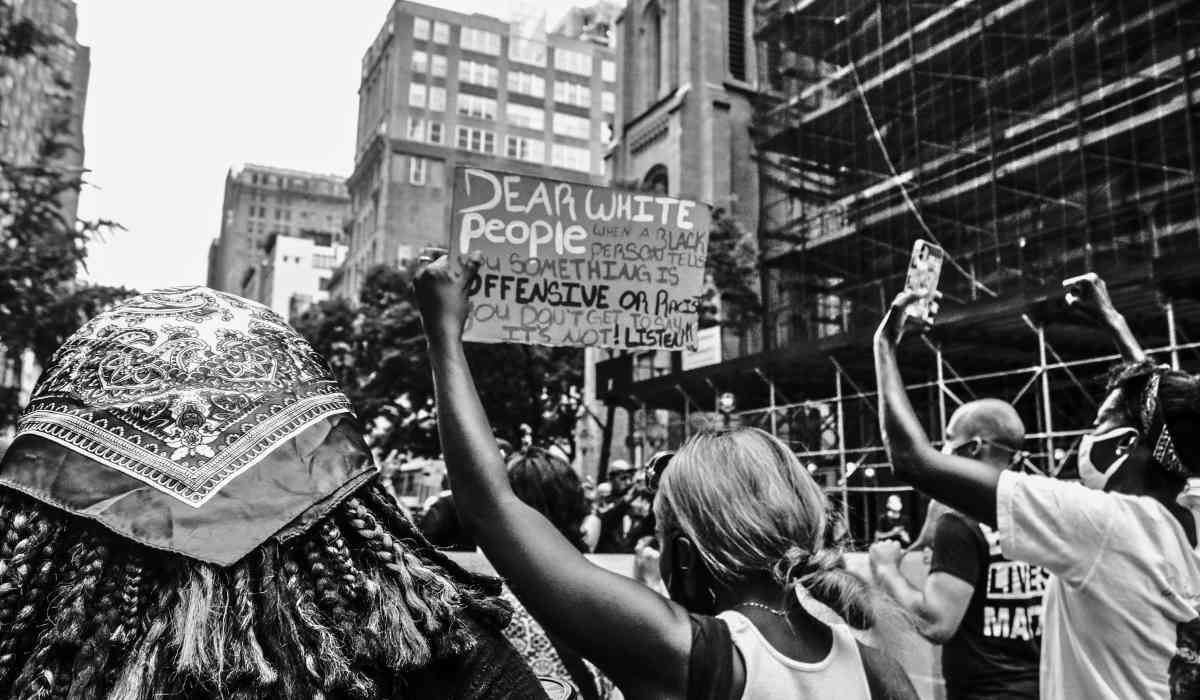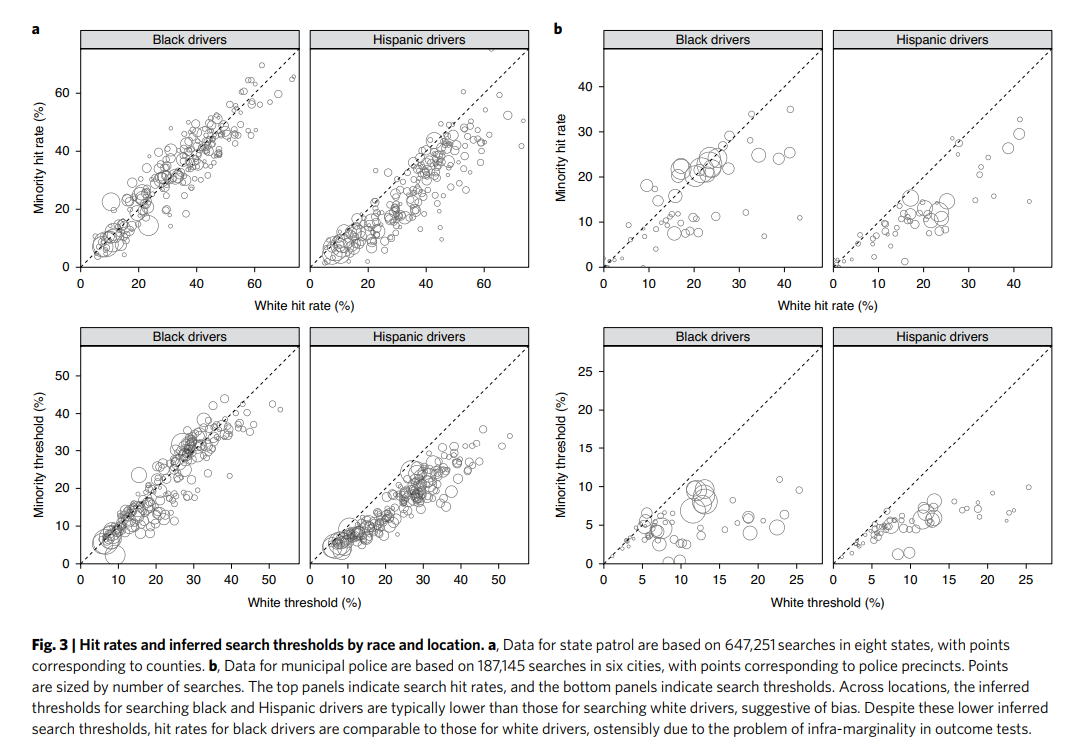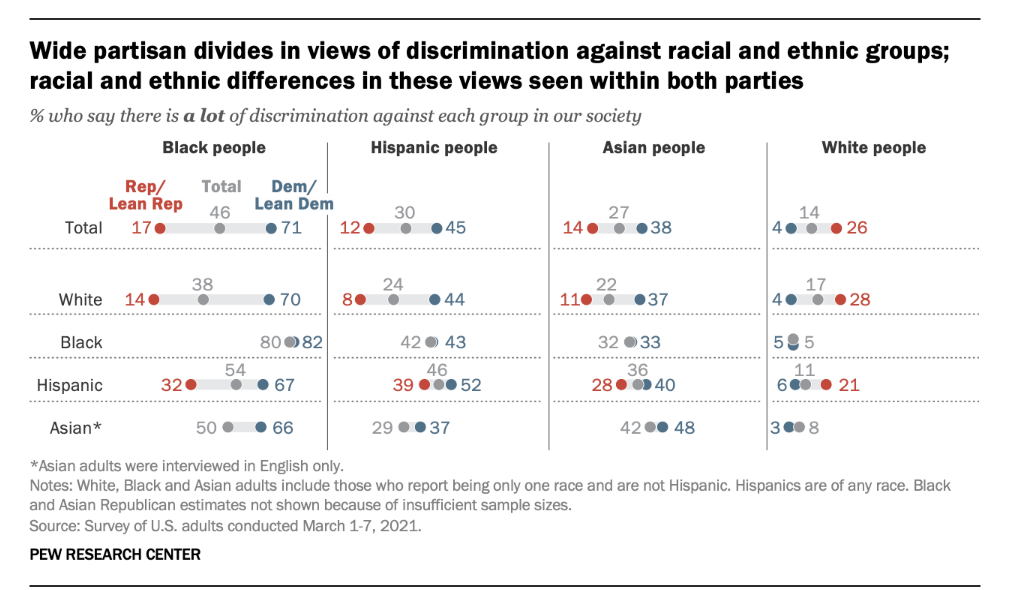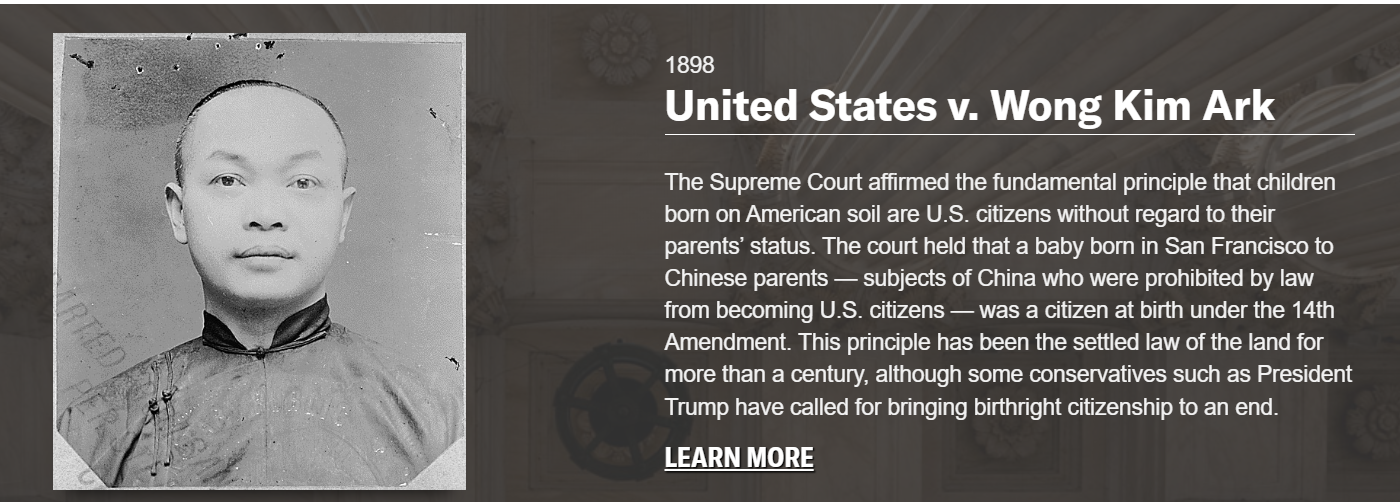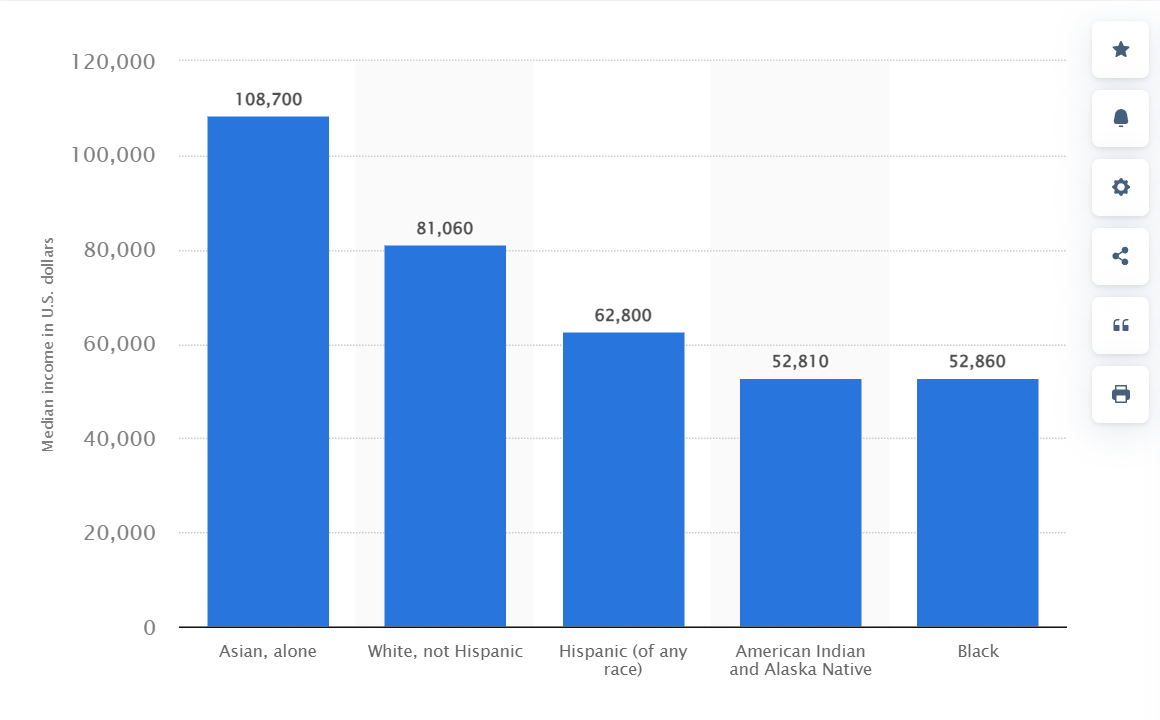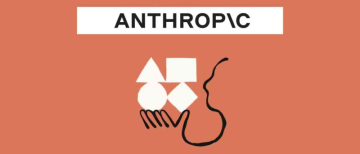Racial profiling casts a long and dark shadow over the lives of those in marginalised communities within the American justice system. In this article, we aim to explore the various dimensions of racial profiling and discrimination, including their prevalence, consequences, and ongoing efforts to combat this deeply ingrained problem. The urgency's even greater as some cases have not only stirred public outrage but also drawn international attention, underscoring the critical need for addressed systems.
Racial Profiling
The discriminatory practice of law enforcement targeting people on the basis of their race, ethnicity, religion, or country of origin is known as racial profiling. Constitutional rights are violated, communities are alienated, policing is hampered, and law enforcement's credibility is damaged. Since 9/11, discriminatory practices have resulted from the misapplication of "national security" to profile marginalised communities. Hate crimes have increased as a result of the government's encouragement of raids on immigrant communities.
Ours is not the struggle of one day, one week, or one year. Ours is not the struggle of one judicial appointment or presidential term. Ours is the struggle of a lifetime, or maybe even many lifetimes, and each one of us in every generation must do our part. - John Lewis(1940-2022)
Profiling, rooted in the Jim Crow era's "suspicionless vagrancy" laws and the chains of slavery, has been deeply ingrained in American society. It has been disproportionately fueled by the "War on Drugs," which disproportionately targeted black and Latino communities, leading to mass incarceration and perpetuating harmful stereotypes. Post-9/11, suspicion turned towards Muslim Americans, misconstruing their cultural and religious expressions as threats. After COVID, the focus shifted to the Asian American communities. Despite legal challenges, the shadow of racial profiling still extends across America, and recognising its historical roots is crucial for dismantling its legacy and building a future where suspicion is applied fairly and with due process.
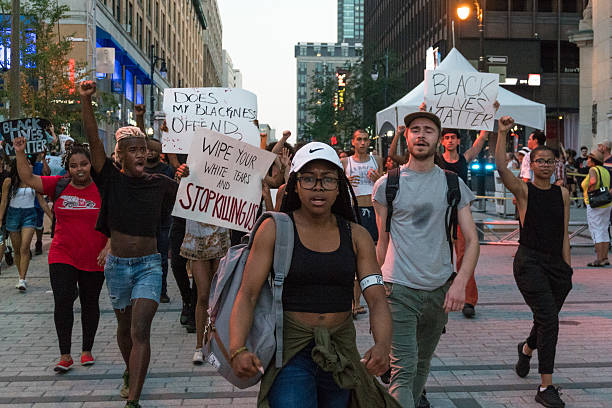
(representative photo of BLM)
The Human Toll:
A 2020 study by the Stanford Open Policing Project exposed alarming statistics. Black drivers are stopped at more than twice the rate of their respective white counterparts, even when their rates of traffic violations are similar.
This stark reality extends beyond traffic stops, afflicting Muslim travellers at airports and subjecting communities of colour to heightened surveillance in their daily lives. These numbers are not just statistics; they translate into real experiences, foster distrust in law enforcement, and cultivate an atmosphere of fear.
Beyond the Stop Sign:
Unravelling the ripple effects, the consequences of racial profiling are profound and far-reaching. Individuals subjected to profiling during unwarranted sequences and descriptions are unaware of their actual involvement in any wrongdoing. This results in missed opportunities and stressed relationships, and there is a constant sense of vulnerability. The economic and social costs are substantial and impact employees, education, and overall well-being.
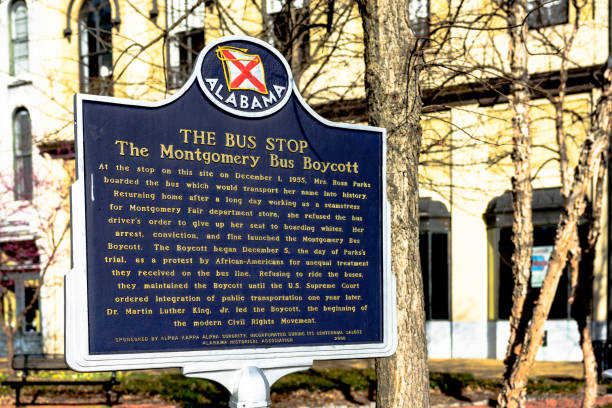
The Call for Change:
Additional racial profiling necessitates a comprehensive and humanistic approach. Organisations like the American Civil Liberties Union(ACLU) advocate for data collection and transparency, anti-profiling legislation, and police reforms. Grassroots movements and campaigns like "Driving While Black" play a crucial role in raising awareness and driving change.
Insights from Pеw Rеsеarch:
Pеw Rеsеarch provides invaluable insights into the public's perception of race and politics. Black adults report disproportionate stops and the use of force by police, shaping their beliefs and views on necessary norms. The study emphasises the existence of public support for measures like body cameras and choking bans.
Racial profiling through legal lenses:
The 14th Amendment, dating back to 1898, enshrines the idea of birthright citizenship as a firmly established legal principle. Take Wong Kim Ark, a Chinese American born in 1873, whose story brings this concept to life. In an era marked by anti-Chinese sentiment, Wong faced a legal battle that reached the Supreme Court in 1898, affirming the right to citizenship for those born in the U.S. Recent challenges, such as Donald Trump's bid to end "birthright citizenship," encounter substantial legal hurdles due to this well-rooted constitutional precedent. Wong Kim Ark's case serves as a poignant reminder of the enduring impact of this constitutional principle on the lives of individuals.
The American Bar Association sheds light on the historical context and the practical challenges of racial discrimination. Despite the evidence's ineffectiveness, discriminatory nature, racial profiling perpetrators, and erosion of trust between law enforcement and communities of colour, the article emphasises the need for data collection, anti-profiling legislation, and improved training for law enforcement officials to curb this deeply entrenched problem.
The Human Face of the Economic Toll:
Systemic racism has not only moral implications but also significant economic costs. According to a report by the International Monetary Fund(IMF), the wealth gap between racial groups in the US alone is projected to result in a staggering $1 trillion to $1.5 trillion in lost consumption and income by 2028. Furthermore, racism is not just a moral imperative but also economically beneficial and leads to increased productivity, higher tax revenue, and reduced health care spending.
As Statista reported, the median income for all racial and ethnic groups in the US was 74,580 dollars in 2022, Asian households' median income was 108,700 dollars. The median incomes of Asian and Caucasian households were higher than those of Hispanic, Black, American Indian, and Alaskan Native households.
Cases That Shook the Nation: A Human Narrative of Injustice
The urgency of adding systemic biases becomes profoundly human when we examine various cases that have stirred public outrage and drawn international attention.
1. Trayvon Martin: A Tragic Encounter
The case of Trayvon Martin remains a haunting reminder of racial bias. In 2012, George Zimmerman fatally shot an unarmed black kid, sparking debates on self-defence laws and the deadly consequences of profiling individuals based on their appearance. Travyon's murder sparked societal debates about the politics of the "hoodie," highlighting perceptions and prejudices surrounding this clothing item.
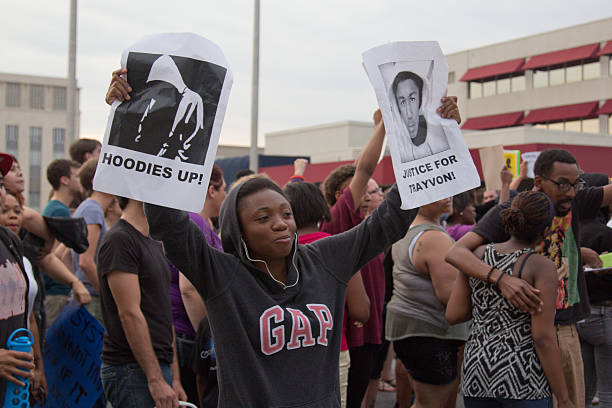
2. Driving Whilе Black
Philando Castile, a 32-year-old Minnesota man, was fatally shot during a traffic stop in Falcon Heights due to racial profiling. The officer stopped the car because two occupants resembled armed robbery suspects. Castile's partner Diamond Reynolds and her daughter were in the car. The officer was charged with second-degree manslaughter and dangerous discharge of a firearm. After a jury trial, the officer was acquitted. The city fired him, and the Castile family sued the city for $3.8 million in wrongful death lawsuits.
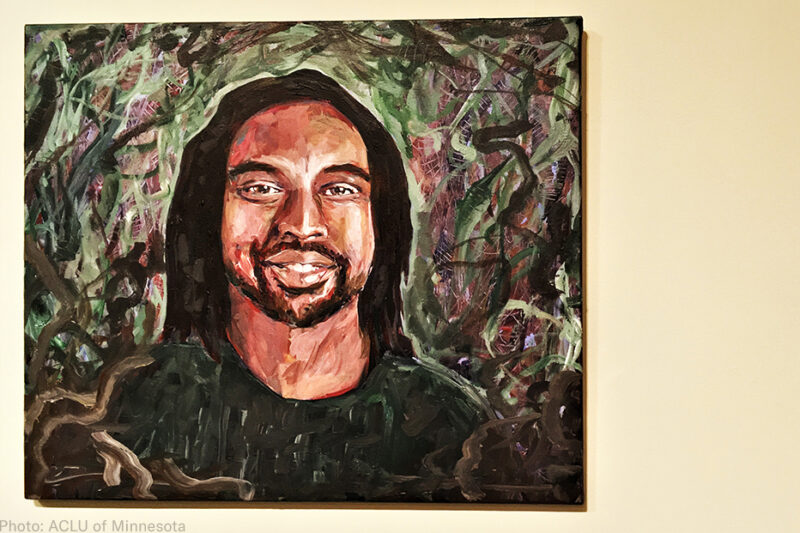
3. Floyd v. City of New York
46-year-old truck driver and security guard George Floyd Jr. was taken into custody in Minneapolis on suspicion of using a fake $20 bill to purchase cigarettes. He was pinned under three officers, unconscious and without life. One officer was seen on camera kneeling on his neck for eight minutes and forty-six seconds during his death. The video ended up serving as a catalyst for demonstrators opposing police abuse. Companies, groups, and celebrities poured support for Black Lives Matter onto social media following his passing. After George's death was declared a homicide by the autopsy report, all four of the involved officers were fired. In addition to filing a civil lawsuit against the City of Minneapolis,
A former police officer, Derek Chauvin, charged with attempted murder was stabbed 22 times in the law library of the Federal Correctional Institution in Tucson, Arizona. John Turscak, a former gang member, claimed he would have killed Chauvin if correctional officers had not responded quickly. Chauvin was sentenced to 22 and a half years in prison for murder and manslaughter charges in April 2021.
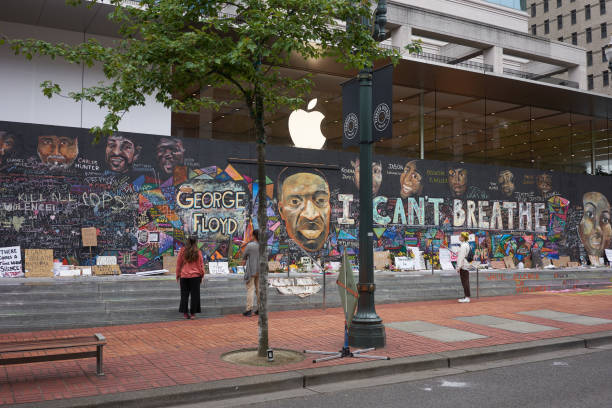
4. "I Can't Breath" by Eric Garner
Eric Garner, a 43-year-old peacemaker, was known for his cry "I can't breathe" in 2014, which was caught on video as a Staten Island police officer placed him in a deadly chokehold. Despite the medical examiner ruling his death a "homicide," the police officer was not indicted, and it took five years for the department to fire him. This unjustified use of force and abuse of power ignited protests worldwide, with the Black Lives Matter movement using the plea "I can't breathe" as a powerful slogan. In 2020, the New York State Assembly passed the "Eric Garner Anti-Chokehold Act," establishing criminal penalties for chokehold use by police officers.
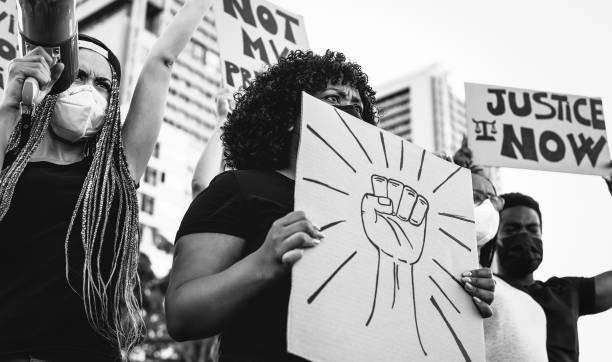
5. Post-9/11( Islamophobia)
The case of the Muslim community after 9/11 exemplifies the devastating effects of discrimination. Following the attacks, Muslims faced increased profiling, hate crimes, and Islamophobia, hindering their economic and social integration.
- A 2017 study by the Council on American-Islamic Relations (CAIR) found that 81% of American Muslims reported experiencing discrimination since 9/11.
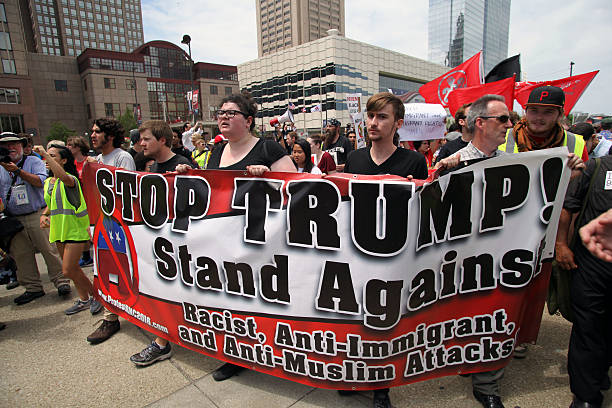
- A 2022 report by the Institute for Social Policy and Understanding states that the COVID-19 pandemic has had a significant financial and health impact on American Muslim communities. Job losses, economic challenges, increased food insecurity, and restrictions on small businesses have disproportionately affected Muslim-owned businesses. Health issues include higher COVID-19 cases and deaths, increased stress, anxiety, and depression due to social isolation, financial hardship, and Islamophobia. Limited healthcare access is another issue, further compounded by language barriers, cost concerns, and discrimination. The report calls for targeted support and resources to address these challenges and promote recovery.
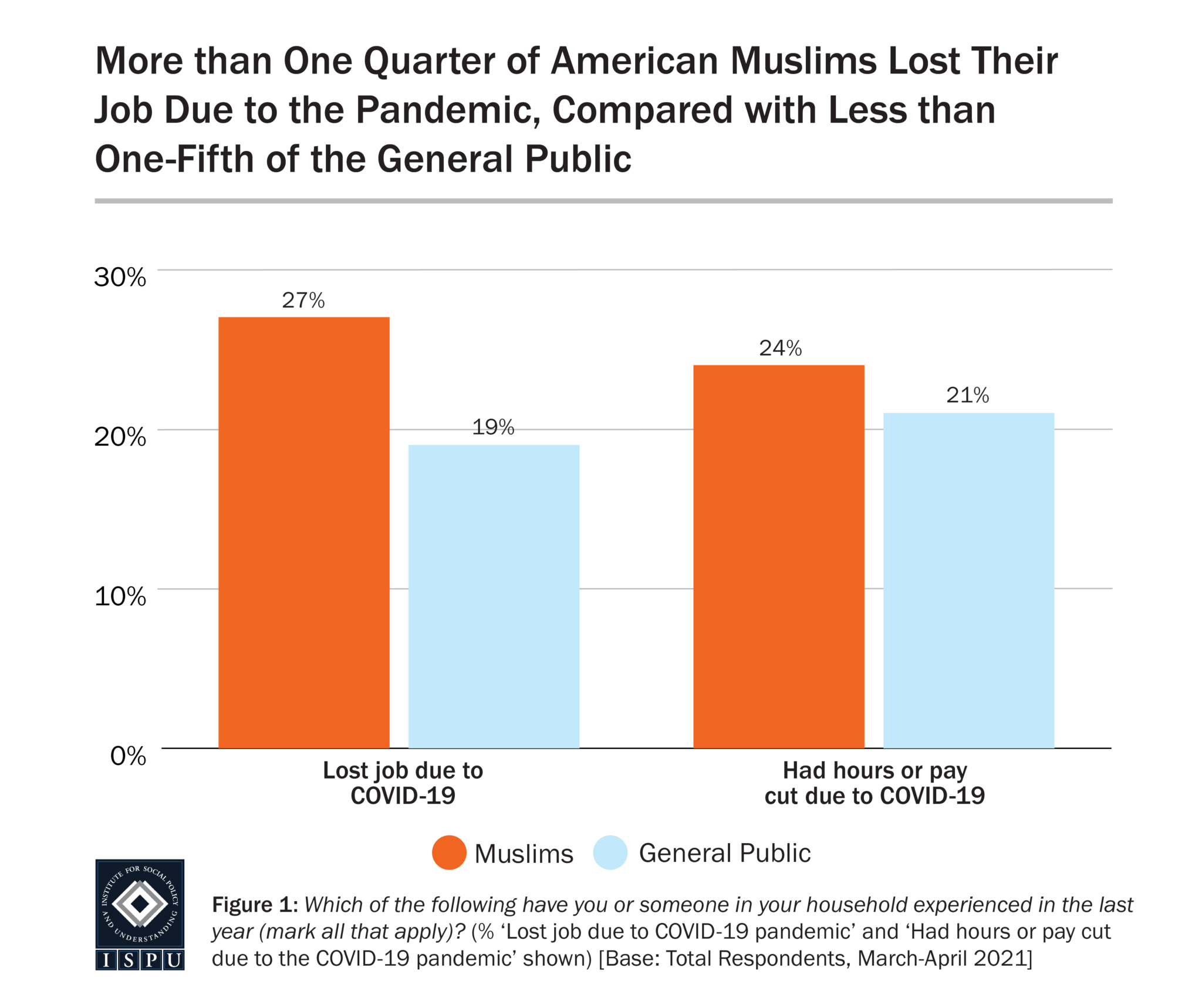
6. From Microaggressions to Violence Against Asian Americans
Imagine walking down the street, minding your own business, only to be met with suspicious glances or even whispered insults. This lived reality resonates deeply with many Asian Americans who face racial profiling, a phenomenon sadly intertwined with their experience in America. Even before COVID-19, the sting of discrimination was present. Remember the elderly Asian woman shoved to the ground in broad daylight? Or the countless stories of businesses refusing service based on assumptions? These weren't isolated incidents, but reflections of a deeper issue.
Then came the pandemic, igniting a wildfire of anti-Asian sentiment. Derogatory terms like "Kung Flu" became weapons, fueling hostility and violence. Remember Michelle, the Korean salon owner who saw her windows smashed for "bringing the virus"? Or the elderly Thai man brutally attacked while collecting cans? These weren't just headlines, but painful reminders of the fear and vulnerability many Asian Americans faced.
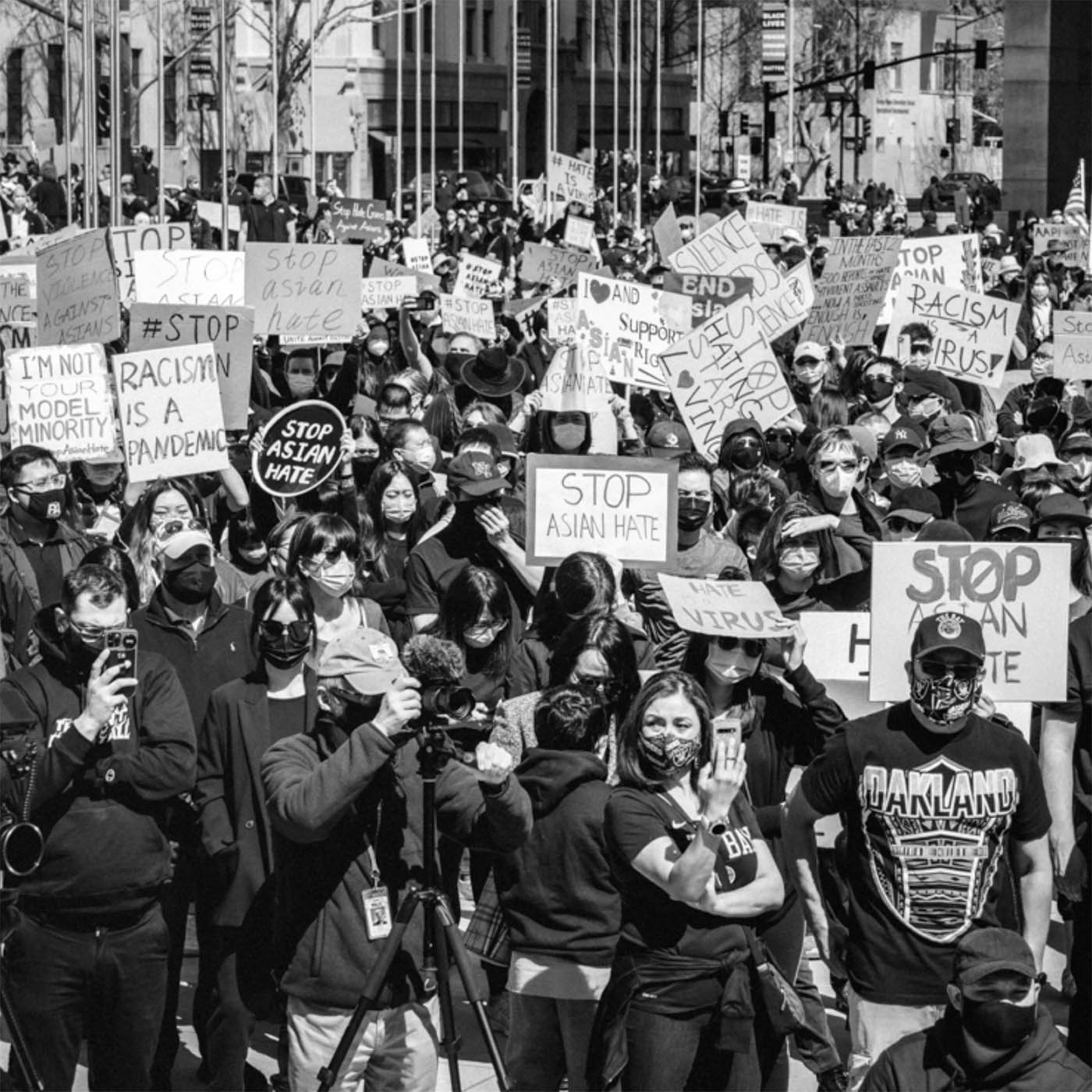
Based on data from March 2020 to June 2021, the "Stop AAPI Hate National Report" shows that over 9,000 instances of anti-Asian American and Pacific Islander (AAPI) hate were documented, with verbal harassment and shunning being the most prevalent types. In contrast to the previous year, there were more physical attacks and hate crimes committed online. The research also raises concerns about underreporting and the disproportionate impact on vulnerable groups and specific AAPI communities.
7. Jaahnavi Kandula: International Outcry
The tragic case of Jaahnavi Kandula, an Indian origin student killed by a police car in Singapore, adds a global dimension to the issue. The insensitive remarks by a police officer about their deaths, coupled with a lack of criminal charges, sparked international outrage and demanded a thorough investigation.
These cases collectively expose the pervasive issue of racial profiling in the United States and in our society in order to confront and dismantle systemic biases for a more just and equitable society. Racial profiling's deep roots require sustained effort in dismantling, understanding its impact, supporting legislative and community-based solutions, and holding authorities accountable.
In confronting the entrenched challenge of racial profiling in the American justice system, the need for systemic transformation becomes undeniably urgent. This comprehensive exploration, weaving through historical legacies to contemporary cases, vividly illustrates the profound impact of racial profiling on individuals and society at large. The persistent struggle against racial profiling demands sustained effort, education, and active engagement. It necessitates holding authorities accountable while cultivating understanding and empathy within communities. This article stands as a rallying cry, urging individuals to contribute to the collective pursuit of justice and equality. Adding to this wisdom, Albert Einstein's words resonate:
"The world is a dangerous place, not because of those who do evil, but because of those who look on and do nothing."
Through collective endeavours, we can strive towards a future where fairness prevails, justice thrives, and equality reigns supreme.This article serves as a starting point for comprehending the complexity of racial profiling and emphasises the ongoing necessity for education, engagement, and action in the fight for justice.
ⒸCopyright 2024. All Rights Reserved Powered by Vygr Media.

